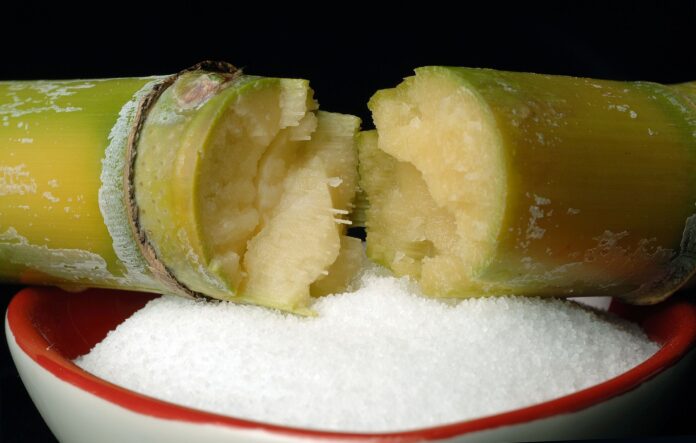The cabinet, under the leadership of Prime Minister Shehbaz Sharif, has introduced a price cap on sugar to control its exports and prevent potential manipulation of domestic prices.
According to media reports, the new policy stipulates that if the retail sugar price surpasses the ex-mill price by more than Rs2, the government will halt further exports.
This decision follows several incidents where domestic sugar prices surged shortly after export permissions were granted. In some cases, although exports did not proceed, local market prices escalated, allowing sugar millers to secure substantial profits at the expense of consumers. To address these issues, the government has allowed sugar exports but with strict regulations to maintain domestic price stability.
If domestic prices exceed the set cap, export permissions will be immediately revoked. The cabinet has underscored the importance of keeping both the ex-mill and retail prices within limits established by the Economic Coordination Committee (ECC).
During a recent ECC meeting on June 13, 2024, it was determined that the sugar export decision was based on consumption patterns and surplus stock assessments conducted by the Sugar Advisory Board and other relevant bodies.
Officials assured the cabinet that there would be adequate sugar stocks at the onset of the crushing season, even with the approval to export 150,000 metric tons of sugar.
To monitor sugar prices effectively in the context of these exports, a committee has been established which will oversee market trends and report any potential manipulative activities that could affect domestic sugar prices to the prime minister and the cabinet.
The issue of delayed payments from sugar millers to farmers was also discussed. Historically, the government has linked sugar exports to the assurance that millers make timely payments to farmers, who have often been paid through middlemen, leading to incomplete compensation for their crops. However, the current discussions on sugar exports have not directly addressed these payment issues.




